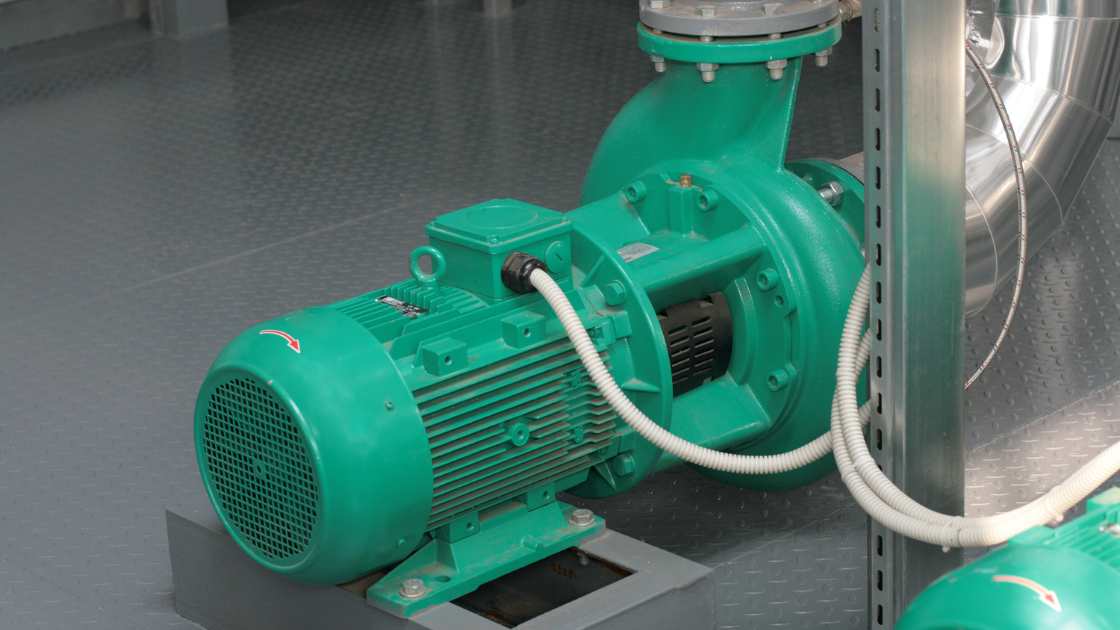How Long Does a Pump Last? Understanding the Lifespan of Your Pump

When it comes to your home or business’s plumbing and water management systems, one of the most important components is the pump. Pumps are responsible for moving water and other liquids through your pipes and ensuring that they reach the right places at the right times. But how long does a pump last? The answer may surprise you.
Factors That Affect Pump Lifespan
There are several factors that can affect the lifespan of a pump. Some of the most important include:
- Quality of the pump: Not all pumps are created equal. Cheaper, lower-quality pumps may not last as long as higher-quality models.
- Type of pump: Different types of pumps have different lifespans. For example, submersible pumps tend to last longer than jet pumps.
- Usage: How often and under what conditions the pump is used can have a significant impact on its lifespan. Pumps that are used more frequently or in harsher environments may not last as long.
- Maintenance: Proper maintenance and upkeep can help extend the life of a pump. Neglecting to maintain your pump can lead to a shorter lifespan.
How Long Does a Pump Last?
On average, a pump can last anywhere from 3 to 20 years, depending on the factors listed above. For example, a high-quality submersible pump used in a residential setting with proper maintenance may last up to 20 years, while a low-quality jet pump used in a commercial setting without proper maintenance may only last 3-5 years.
Signs That Your Pump Needs to be Replaced
Even if your pump is relatively new, there may be signs that it needs to be replaced. Some of the most common signs include:
- Reduced water pressure: If you notice that the water pressure in your home or business is weaker than usual, it could be a sign that your pump is failing.
- Increased noise: Pumps that are in good working order should be relatively quiet. If you notice an increase in noise coming from your pump, it could be a sign that something is wrong.
- Leaks: Leaks are a common sign of a failing pump. If you notice water leaking from your pump, it’s important to address the issue as soon as possible.
Proper Maintenance is Key
Proper maintenance is key in extending the life of your pump. Some of the steps you can take to maintain your pump include:
- Regularly checking and cleaning the pump’s inlet and outlet screens
- Make sure the pump’s impeller is free of debris
- Checking the pump’s oil levels and replacing the oil if necessary
- Keeping the pump’s surroundings clean and free of debris.
Conclusion
The lifespan of a pump can vary depending on a variety of factors such as quality, usage, and maintenance. On average, a pump can last anywhere from 3 to 20 years. To ensure that your pump lasts as long as possible, it’s important to choose a high-quality model, use it properly, and maintain it regularly. If you notice any signs that your pump may be failing, it’s important to address the issue as soon as possible to avoid further damage or costly repairs.
